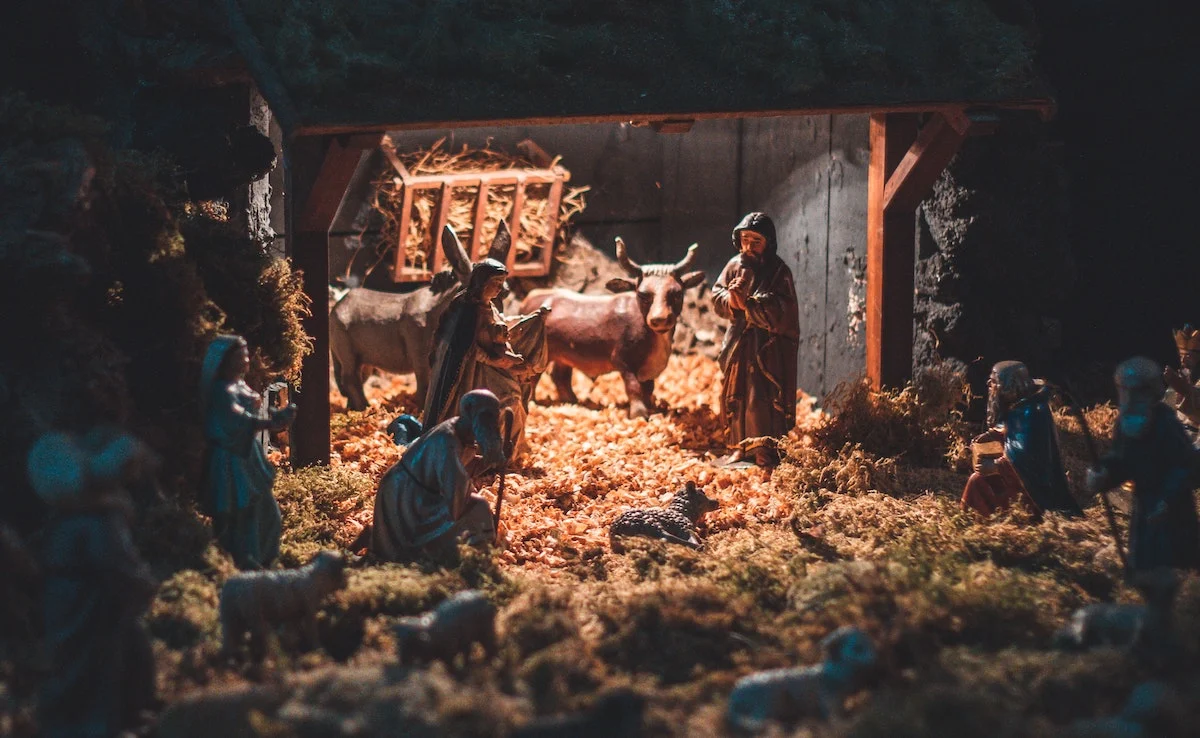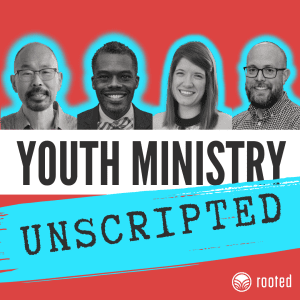“So, how big is your youth group?”
I am not the only youth pastor who has heard this question. Most inquirers mean well. They want to know more about me and what I do. But because of my pride, I don’t like the question. I will usually hem and haw for a minute, then finally give a number that, if I’m being honest, is on the larger end of what could be called an accurate assessment.
No matter how the questioner reacts to my answer, I can’t help but feel a bit embarrassed. I know my youth group could be bigger and better. Books, conferences, and an assortment of other resources for sale promise me that with one more purchase, I can “optimize” my ministry so that I “unlock its potential” to “maximize kingdom impact.” A feeling of guilt that I am not as “impactful” as I should be constantly simmers on the back-burner of my soul.
Christmas is a helpful antidote to this malady. Christmas reminds us that the ministry we lead probably isn’t as big as it could be, and God is okay with that.
Christmas began in Bethlehem. Nowadays, everyone knows about Bethlehem. No Holy Land tour is complete without a visit to Bethlehem. On Christmas Eve, the biggest TV news networks have correspondents on location to report on the thousands of people from places as different as Kentucky, Kenya, and Kazakhstan who are excitedly gathering in Bethlehem.
Two thousand years ago, Bethlehem was small. Scandalously small. If you were traveling through the area and didn’t stop to see Bethlehem, nobody would have blamed you. But that’s where our Savior was born.
Matthew tells us that the birth of Jesus in Bethlehem was a fulfillment of Micah 5:2: “But you, O Bethlehem Ephrathah, who are too little to be among the clans of Judah, from you shall come forth for me one who is to be ruler in Israel whose coming forth is from of old, from ancient days.” Bethlehem, even in the prophet Micah’s day, seemed too small to count for anything.
In the first century, significant things occurred in the world’s biggest cities, like Rome, Alexandria, Ephesus, Carthage, or nearby Jerusalem. Nothing of global political interest happened in Bethlehem. But centuries earlier, that tiny and obscure village was the birthplace of that shepherd-king David, who famously saved Israel from her enemies. More significantly, little Bethlehem became the birthplace of the Messiah, the even greater Shepherd-King who saves the world from sin, wrath, and death.
O Little Town of Bethlehem, one of the carols sung by children in Christmas programs across the country throughout December, contrasts this small location with this earthshaking birth. Phillip Brooks wrote the carol in 1868 after a visit to Bethlehem. Through its verses, Brooks brings us with him to the “little town of Bethlehem” to take in its smallness. Far different from those metropolises which never sleep, Bethlehem lies still in a “deep and dreamless sleep.” But shining in its “dark streets” is “the everlasting light!” In this place where not much happens, something cosmically significant is happening: “The hopes and fears of all the years are met in thee tonight.” Every city slicker and country bumpkin will only find true hope and relief through the one born in a town they won’t find on their maps.
Brooks unwraps what is happening a bit more for us in the second verse. Simply put, “Christ is born of Mary.” Just as Micah foretold, it is happening. His birth is relatively unnoticed by other humans. But “while mortals sleep, the angels keep their watch of wond’ring love.”
The third verse captures the contrast of this moment with my favorite phrase in the carol: “How silently, how silently, the wondrous gift is giv’n!” Silently indeed. If there were newspapers, Jesus’ appearance wouldn’t make the sixth page, let alone a headline. If Twitter existed, this birth certainly wouldn’t have been trending. Nobody would have received a push notification about his arrival. Silently God gave his gift.
What God gives is truly a gift. Jesus’ birth is “good news of great joy that will be for all the people” (Luke 2:10). In our sin and on our own, we are separated from God. The one who is the source of all life, joy, and peace, was out of our reach. Yet God, in his great love and mercy, descended to be with us. People from the farthest corners of the globe, nowhere near Bethlehem, can come near to him. Christ was born in Bethlehem with the ultimate purpose of dying for our sins so that our debt is paid. He did not remain dead. He was raised and ascended to reign as King, just as Scripture said he would. Now he is present with his people and rules by His Holy Spirit. Thus, in the fourth verse, we pray that Christ would “cast out our sin and enter in; be born in us today.” God’s holy and life-giving presence is available to all of us through the baby born in Bethlehem.
Remembering this has quieted my guilt about leading a youth ministry that has yet to be “optimized.” We youth pastors like to write bold and inspiring mission statements. We say things like “Our ministry wants to reach every teenager in our city with the lifechanging message of Jesus,” or “This ministry seeks to start a revival that revolutionizes Generation Z to make an eternal impact for God’s kingdom.”
What we actually do is “have a moderate influence on a handful of teens who are also involved in other things which they’ll unquestionably prioritize over our gatherings.” It can feel embarrassingly small. The culture and our hearts pressure us to feel that we need to “optimize”, “maximize”, and “unlock” all the potential in our ministry. But God’s way is different. Remember “how silently, how silently, the wondrous gift is giv’n!” You serve the God who does his biggest works in the smallest and quietest places. Your youth ministry probably isn’t as big as it could be. That’s okay. Neither was our Savior’s birth.
For favorite hymns, carols, and songs from the Rooted staff and steering committees, check out the Rooted Christmas Spotify playlist. Merry Christmas!









